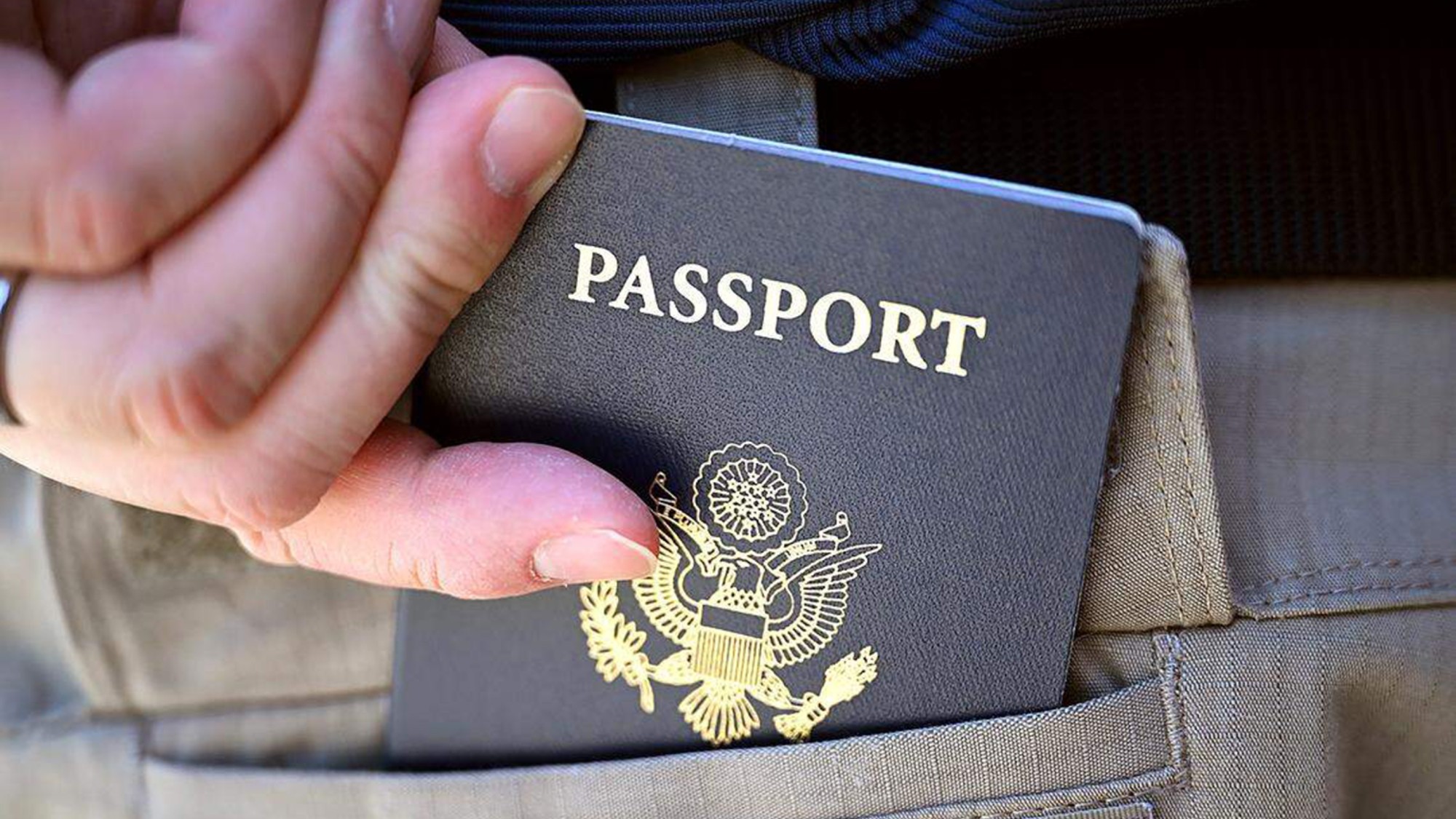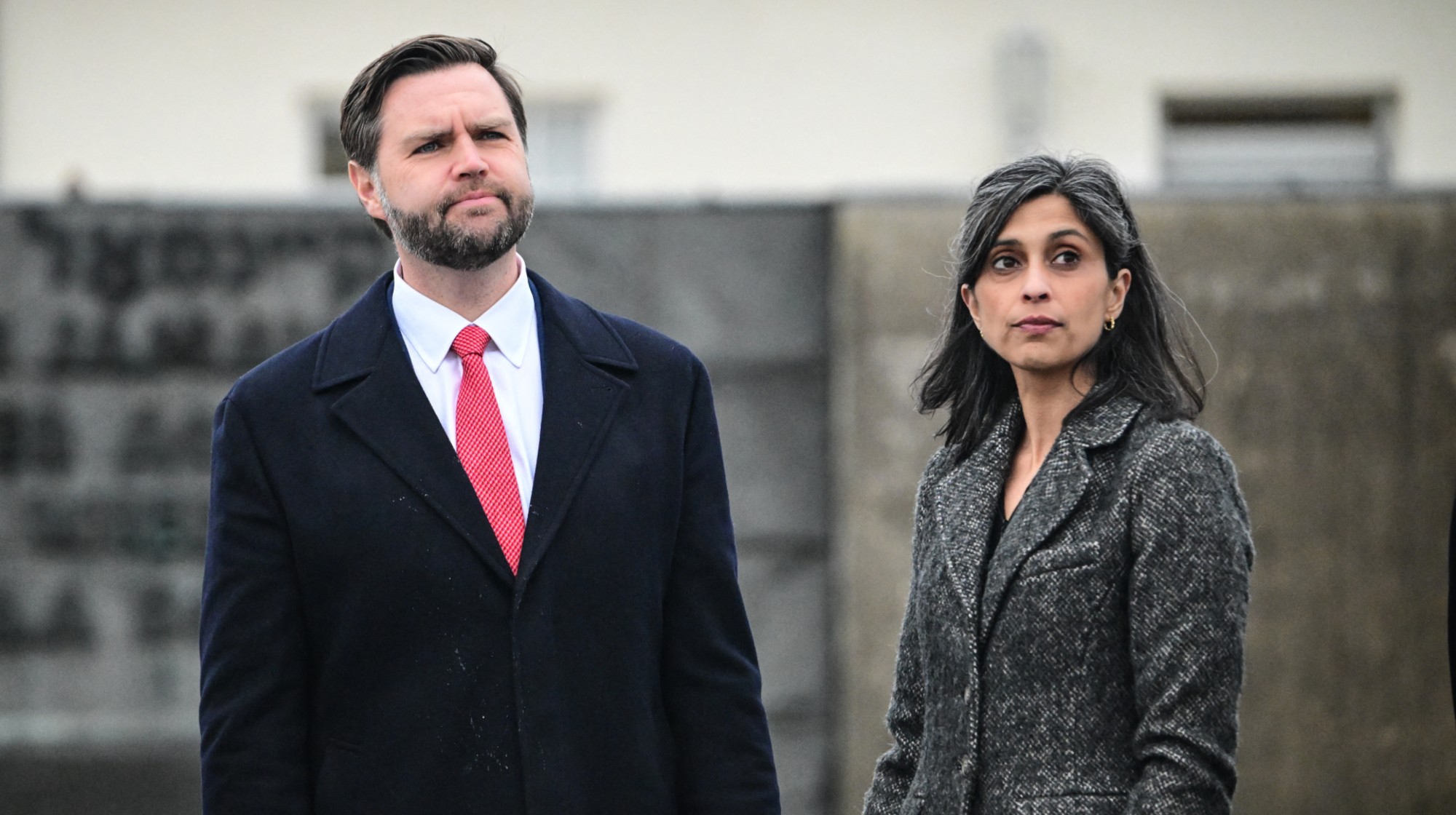Alex Salmond and the 'giant gap' in the Scottish independence movement
Sudden death of Scotland's former first minister and SNP leader highlights challenges for nationalists

A free daily email with the biggest news stories of the day – and the best features from TheWeek.com
You are now subscribed
Your newsletter sign-up was successful
Alex Salmond, Scotland's former first minister and champion of his country's independence movement, died suddenly on Saturday at the age of 69.
The former MP and MSP collapsed during a conference in North Macedonia and was pronounced dead at the scene a short time later. His party, Alba, said the probable cause was a heart attack.
Tributes have been paid from across the political spectrum, with Keir Starmer describing Salmond as a "monumental figure of Scottish and UK politics". Salmond served as first minister of Scotland from 2007 to 2014, and was leader of the Scottish National Party (SNP) on two occasions, from 1990 to 2000 and from 2004 to 2014.
The Week
Escape your echo chamber. Get the facts behind the news, plus analysis from multiple perspectives.

Sign up for The Week's Free Newsletters
From our morning news briefing to a weekly Good News Newsletter, get the best of The Week delivered directly to your inbox.
From our morning news briefing to a weekly Good News Newsletter, get the best of The Week delivered directly to your inbox.
Nicola Sturgeon, his successor as first minister, acknowledged their troubled relationship but recognised their achievements together. "For more than a decade we formed one of the most successful partnerships in UK politics," she said.
What did Salmond do for independence?
The "shock of Alex Salmond's death is reverberating around every corner of UK politics", said Sky News. A "Marmite figure", Salmond certainly "divided opinion", but he was "respected as the giant who was instrumental in delivering the 2014 Scottish independence referendum".
His death leaves "a giant gap in the future of the independence movement" and it is a "testament to his legacy" that figures from across the political spectrum have paid tribute to him over the weekend.
Salmond "cemented his place in British political history" in May 2011 when he led the SNP to an "extraordinary" overall majority at Holyrood, winning 69 of 129 seats in the Scottish parliament, said The Guardian.
A free daily email with the biggest news stories of the day – and the best features from TheWeek.com
The result "established the SNP as a formidable political force" and confirmed "that a referendum on Scottish independence was inevitable".
Although the independence movement would go on to lose the referendum – the no campaign won by 55% to 45% – Salmond had still succeeded in taking independence from a largely fringe view to "normalising independence as a popular position".
But his legacy is marked by controversies. After stepping down as first minister following the referendum defeat, Salmond had a public fallout with Sturgeon over her government's handling of harassment complaints against him. He was also acquitted of sexual assault charges in 2020.
He went on to found an alternative independence party, Alba, and he hosted his own show on the controversial Russian broadcaster RT, but suspended it following the invasion of Ukraine in 2022.
What will happen to independence now?
Scottish politics is "in flux", said the BBC. After 17 years in power at Holyrood, the SNP under John Swinney heads towards the 2026 Scottish parliamentary election "on the heels of a thumping by Labour in this year's general election". And with the UK Supreme Court ruling that Westminster's approval is needed for another independence referendum, there is "no obvious mechanism" for the SNP to advance its cause in the near future.
Salmond "leaves behind a deeply fractured movement". Yet he predicted in 2014 that the "energised activism" of pro-independence supporters would not fade away. In the "decade since the vote, that has proved prescient", said the BBC. While there is clearly "no immediate prospect of Scotland becoming independent", Salmond championed the cause that is now the "mainstream aspiration of nearly half the electorate".
Can anyone step into his shoes?
Without Salmond, Alba is "unlikely to survive as a political force", said The Guardian. The party's only MSP, Ash Regan, is not expected to win a seat at the next Holyrood election, and in the July general election, Alba won just 0.5% of the national vote.
There are also questions for the wider nationalist movement. "With Sturgeon now a largely inactive backbencher who may not stand again for Holyrood, Swinney is the only established nationalist leader left." There are "a handful of possible candidates in the younger generation", such as Swinney's deputy, Kate Forbes, and the party's Westminster leader, Stephen Flynn. But until the next Holyrood election in 2026, Swinney "will be the last veteran standing".
The challenge for the wider nationalist movement "is to find a charismatic leader of equivalent quality to Alex Salmond to take it to the next level", said Sky News. "The stage is looking for its new star." But it seems "unlikely the movement will ever see the likes of him again".
Sorcha Bradley is a writer at The Week and a regular on “The Week Unwrapped” podcast. She worked at The Week magazine for a year and a half before taking up her current role with the digital team, where she mostly covers UK current affairs and politics. Before joining The Week, Sorcha worked at slow-news start-up Tortoise Media. She has also written for Sky News, The Sunday Times, the London Evening Standard and Grazia magazine, among other publications. She has a master’s in newspaper journalism from City, University of London, where she specialised in political journalism.
-
 Big-time money squabbles: the conflict over California’s proposed billionaire tax
Big-time money squabbles: the conflict over California’s proposed billionaire taxTalking Points Californians worth more than $1.1 billion would pay a one-time 5% tax
-
 ‘The West needs people’
‘The West needs people’Instant Opinion Opinion, comment and editorials of the day
-
 Filing statuses: What they are and how to choose one for your taxes
Filing statuses: What they are and how to choose one for your taxesThe Explainer Your status will determine how much you pay, plus the tax credits and deductions you can claim
-
 How ‘Manchesterism’ could change the UK
How ‘Manchesterism’ could change the UKThe Explainer The idea involves shifting a centralized government to more local powers
-
 ‘Dark woke’: what it means and how it might help Democrats
‘Dark woke’: what it means and how it might help DemocratsThe Explainer Some Democrats are embracing crasser rhetoric, respectability be damned
-
 San Francisco tackles affordability problems with free child care
San Francisco tackles affordability problems with free child careThe Explainer The free child care will be offered to thousands of families in the city
-
 The Mint’s 250th anniversary coins face a whitewashing controversy
The Mint’s 250th anniversary coins face a whitewashing controversyThe Explainer The designs omitted several notable moments for civil rights and women’s rights
-
 US citizens are carrying passports amid ICE fears
US citizens are carrying passports amid ICE fearsThe Explainer ‘You do what you have to do to avoid problems,’ one person told The Guardian
-
 Inside Minnesota’s extensive fraud schemes
Inside Minnesota’s extensive fraud schemesThe Explainer The fraud allegedly goes back to the Covid-19 pandemic
-
 Trump wants to build out AI with a new ‘Tech Force’
Trump wants to build out AI with a new ‘Tech Force’The Explainer The administration is looking to add roughly 1,000 jobs
-
 JD Vance wades into choppy religious waters about wife Usha
JD Vance wades into choppy religious waters about wife UshaTHE EXPLAINER By emphasizing his hope that the Second Lady convert to Christianity, the vice president is inviting controversy from across the religious spectrum